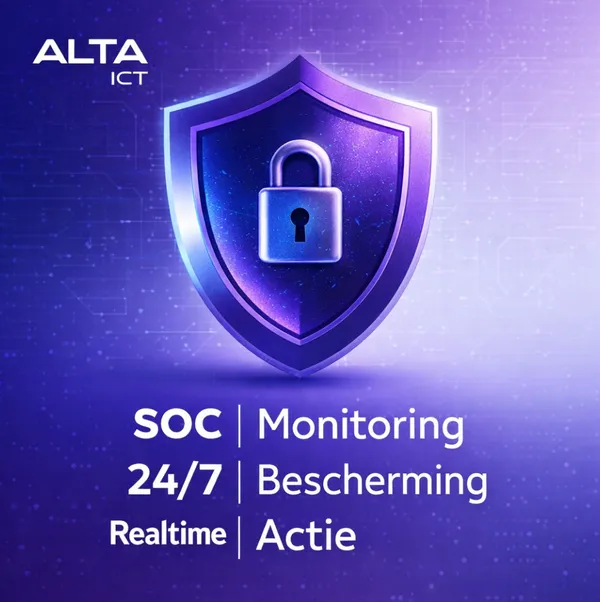???? Support data governance initiatives within your organization With the ongoing migration of organizations to the Microsoft 365 cloud and the exponential growth of their digital footprint, managing that vast amount of data can be a challenging task.
Administrators and record managers are increasingly called upon to support data governance initiatives within their organizations.
???? Core areas to focus on
To ensure effective records management, organizations must focus on the following critical issues:
- Data Classification: Define and categorize data based on sensitivity and importance.
- Security and Compliance: Ensure that all data meets legal requirements and security standards.
- Storage management: Manage where and how long data is stored to ensure efficiency and compliance.
- Access control: Control who has access to what data to prevent unauthorized access.
- Data Retention and Deletion: Set policies for how long data should be kept and when it can be safely deleted.
???? Who should be involved?
For successful implementation of data governance, the following key roles within the organization must be involved:
- IT Administrators: For technical implementation and maintenance of the systems.
- Compliance Officers: For ensuring compliance with legal and regulatory requirements.
- Data Stewards: For managing and ensuring data quality and integrity.
- Record Managers: For managing documents and information throughout their life cycle.
- Business Leaders: To support and facilitate governance strategies within their teams.
⛔ What are the most challenging areas?
When implementing information governance, the following challenges often arise:
- Complexity of Laws and Regulations: Understanding and complying with diverse and changing laws and regulations can be complicated.
- Changing Corporate Culture: Fostering a culture that values good data governance can take time and effort.
- Technology Integration: Integrating new governance tools with existing systems can present technical difficulties.
- Data Overload: Managing the vast amount of data that organizations generate can be overwhelming.
- Lack of Clear Procedures: Without clear and documented procedures, the implementation of governance strategies can be chaotic.
???? Closure
By focusing on these core areas and engaging the right people, organizations can overcome the challenges of data governance and establish an effective records management system.
Implementing Purview Data Lifecycle and Records Management within Microsoft 365 provides a solid foundation for managing and protecting your valuable data.
???? Let’s work together to create a robust data governance strategy for your organization!





